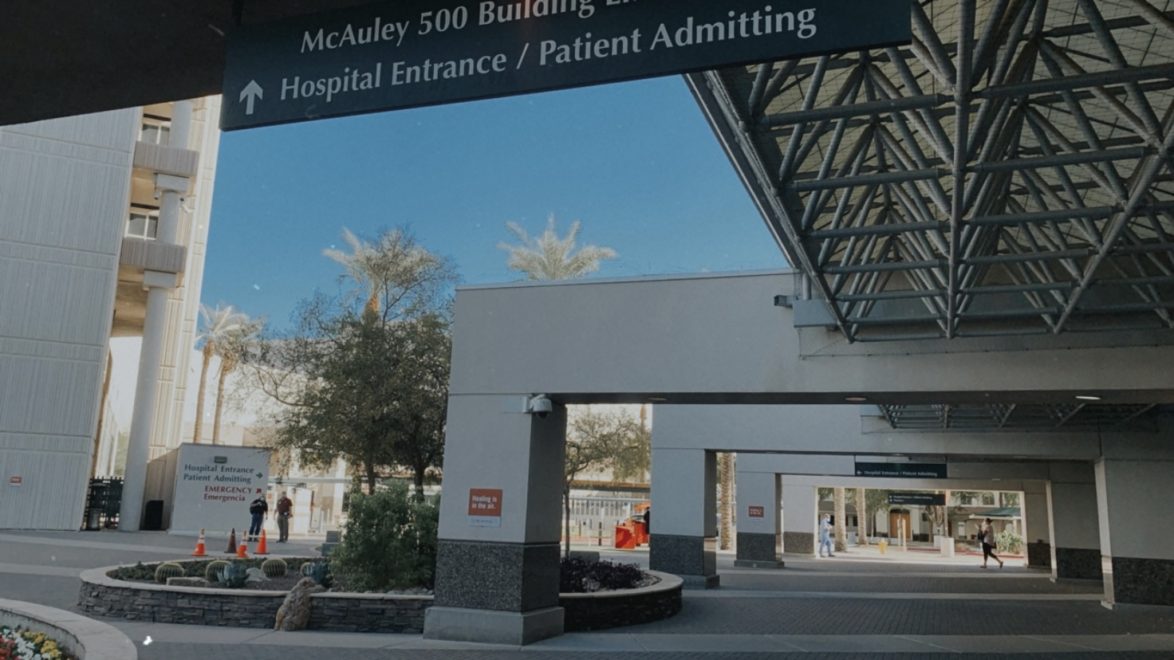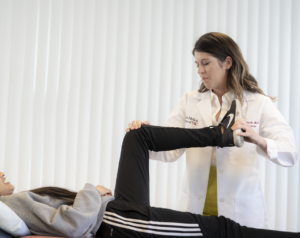
Given the ongoing COVID-19 pandemic it is easy not to feel safe leaving our own homes, especially if our destination is a place we feel at higher risk.
One of the settings where you may feel more at risk is your doctors office. The reassuring news is since the pandemics onset hospitals and medical offices have instituted many protocols and policies which make it safer to visit. Protocals that you may notice include temperature checks upon arrival, questionnaires about possible COVID-19 symptoms and exposure, limited capacity waiting rooms, visitor regulations and mask requirements (I reviewed those in this post). These changes make coming to your appointment safer, but it is clear that patients are still avoiding the doctor. From the CDC, as of June it was estimated that 32% of Americans had delayed routine care due to COVID-19. (1)
Continuing to seek out routine medical care, preventative health screenings and other medical care is vital even during an event such as a global pandemic to prevent long term increases in morbidity and mortality for all medical conditions.
The reason why we have routine medical screenings and preventive health appointments is exactly what it sounds like- these visits prevent future problems. Unfortunately delaying these visits can delay diagnosis and treatment of conditions not only now, but also in your future. Delays in diagnosis means the disease can make you more sick, or worse, cause earlier death.
For the average adult there are a few routine maintenance visits to consider. First, a visit with your primary care physician can get you on the right track. These visits are a great way to evaluate any health changes you may have had in the last year, as well as check for early signs of issues to come. Getting your blood pressure checked and discussing what you may need for your age/lifestyle/risk factors may seem simple, but it is these parameters that give your doctor insight into your current and future health needs. Some of these needs may include lab tests to evaluate your cholesterol levels, blood sugar, or referrals to other specialists for more specific care. These routine visits, although seemingly simple for most people are very important.
Another screening needed if you are female may be seeing your OB/GYN for a women’s health exam. Depending on your age, marital status and sexual history this may include a pap smear and pelvic exam, lab screening and again further referrals if needed. Both males and females need to consider seeing a dermatologist to evaluate for any skin concerns, and let’s not forget about routine visits with the eye doctor and dentist.
Another area to consider in addition to these routine visits are those that are dedicated to prevention. The main appointments focus on preventive health for age-related screenings for malignancies (cancer). Your primary care doctor is a great start to determine if you need one of these type of visits based on your age, risks factors and family history. For women, mammograms are an extremely important and we know that early detection of breast cancer is vital to survival. For men, you may consider an evaluation of your prostate health and have any appropriate screenings required. For both males and females of appropriate age, you need a colonoscopy. There is great evidence that routine colonoscopy screening is vital to early detection and treatment. Unfortunately if these screenings are missed or delayed due to the pandemic the delay could precipitate short and long term consequences.
The final area to focus on for routine medical care is vaccinations. Vaccines are becoming more of a hot topic with the push for pandemic mitigation and recent data release for the COVID-19 vaccinations awaiting emergent FDA approval for use. However, there are other vaccines that both children and adults need regularly. When you go for a visit, ask if there are any additional vaccinations that you need. This year more than ever the influenza vaccine is at the top of the list. (And I’ve had mine!) The concern here is this year’s flu season could be even more challenging given the current pandemic. The fear of doubling the sick population (with flu patients on top of our already stretched hospital system trying to provide care for covid patients) could be insurmountable.
And since I try my best to practice what I preach in all areas of medicine and health… if you follow me on Instagram (@sportsdrmorgan) today you will see my experience at my doctor visit!
- Czeisler MÉ, Marynak K, Clarke KE, et al. Delay or Avoidance of Medical Care Because of COVID-19–Related Concerns — United States, June 2020. MMWR Morb Mortal Wkly Rep 2020;69:1250–1257. DOI: http://dx.doi.org/10.15585/mmwr.mm6936a4






No comment yet, add your voice below!